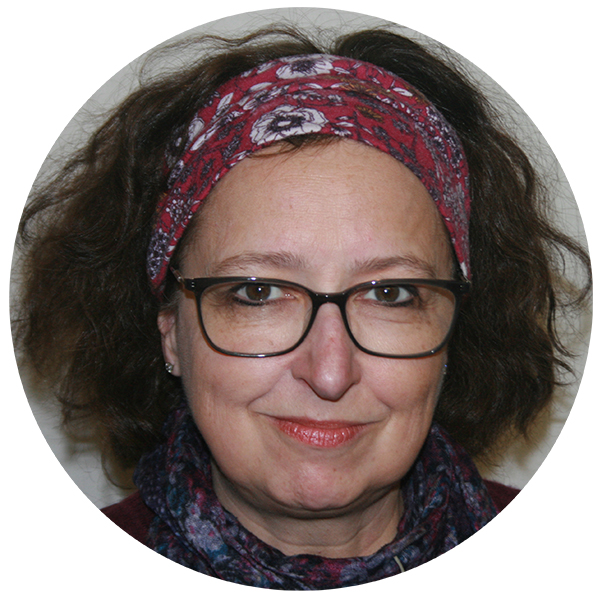When Dr. Em Pijl joined the College of Nursing as an assistant professor in 2021, she started to look at her research from a different perspective.

Pijl is originally from Vancouver, where she worked as a registered nurse in the Downtown Eastside, an area with high levels of homelessness and substance use.
That experience had a profound influence on her career. She went on to earn her master’s and PhD in Alberta and to focus her research on harm reduction for people experiencing problematic substance use.
She has published studies in journals such as Harm Reduction Journal and Canadian Journal of Public Health documenting the value of supervised consumption services.
At a supervised consumption site, people can bring street drugs and consume them under the supervision of a health-care professional or service provider in a safe, hygienic, legally approved environment.
“These services prevent drug overdoses, lowering emergency department costs and saving lives,” Pijl says. “They reduce the spread of HIV and other blood-borne infections. Supervised consumption sites also provide a wide array of social and health services. Some sites provide drug testing, which helps to combat a toxic street supply.”
In spite of the unambiguous evidence that this approach saves lives, Pijl says, some decision-makers continue to strongly oppose supervised consumption.
“Manitoba is the only province west of Atlantic Canada that doesn’t have a supervised consumption site,” she says. “To me, this is shameful.”
Having arrived in Manitoba in 2021, Pijl grew frustrated with how difficult it was to shift people’s attitudes. That’s why her current research aims to understand the views of those who are opposed.
“I’ve learned that some people can have all the information about the merits of supervised consumption, but they’re still opposed to it. I want to get past that barrier and understand why,” she says.
“If it comes down to a different set of values, then maybe we can speak to those values in a way that makes sense to people.”
Pijl is conducting surveys to explore people’s experiences and values related to drugs, and how those values affect their views on supervised consumption. The surveys are being conducted across Alberta, Saskatchewan and Manitoba with the public, students, health-care professionals and first responders.
“This work is one way to try to help people find a better way to express ideas,” Pijl says.

“If someone opposed to these services could say, ‘I’m really uncomfortable with this service because these are my values, but I understand the merits and think this service has a place in the continuum of care,’ that would be a huge win.”
Pijl has also published research in the journal Substance Abuse Treatment, Prevention, and Policy on opioid agonist therapy. In this form of harm reduction, people who are dependent on opioid drugs are prescribed a replacement medication.
Her overall motivation, she says, is to save lives.
“People who have suffered trauma are going to keep doing what they’re doing to ease their pain. Sometimes that means they’re going to keep using drugs. If we want to help Manitobans who have this chronic illness, we need to keep them alive for another day.”
BY ALAN MACKENZIE
